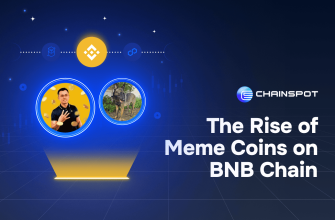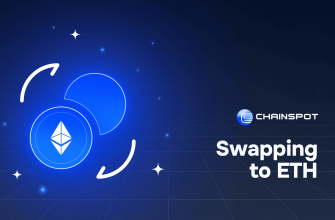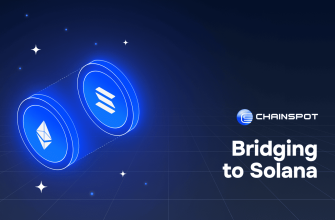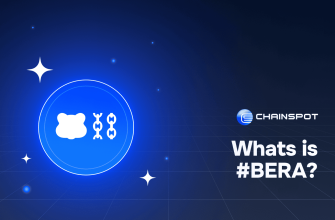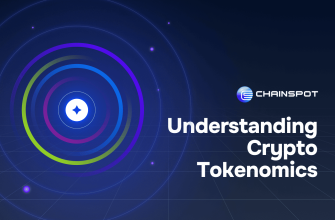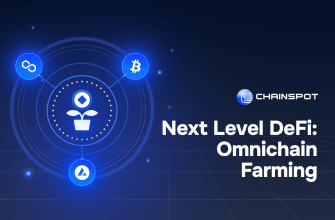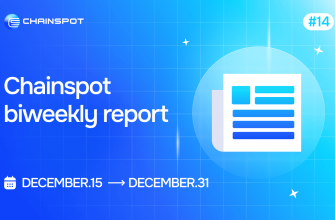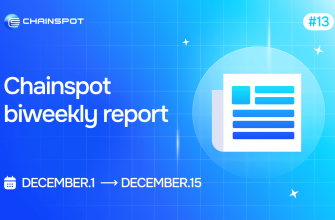Chainlink Labs has entered a partnership with Telefonica, a prominent telecommunications giant based in Spain. The collaboration, unveiled on February 14th, enables Polygon-based smart contracts to interact with Telefonica’s telecom networks through the utilization of the Global System for Mobile Communications (GSMA) Open Gateway APIs.
We incorporate an extra layer of security to #blockchain transactions!🔒 Thanks to @Chainlink Functions technology and under the @0xPolygon network it is possible to connect #Web3 smart contracts with #TelefónicaOpenGW APIs.
👇Keep reading👇
— Telefónica (@Telefonica_En) February 16, 2024
Johann Eid, Chief Business Officer at Chainlink Labs, emphasized the significance of this venture, stating that it broadens the scope of security within the blockchain ecosystem. By integrating Telefonica’s Open Gateway APIs into Chainlink Functions, novel use cases are unlocked, enhancing security measures across the industry.
Multinational telco @Telefonica has integrated #Chainlink Functions on @0xPolygon mainnet to help smart contracts detect unauthorized SIM card changes.
Understand how Functions can provide an additional layer of security to blockchain transactions ⬇️https://t.co/jIpKbrOZff pic.twitter.com/Dsbv8JflNs
— Chainlink (@chainlink) February 15, 2024
The GSMA Open Gateway APIs are a collection of standardized telecommunications interfaces aimed at enhancing mobile network functionalities, including features such as secure account creation, advanced fraud detection, and improved privacy measures. Telefonica’s Brazilian subsidiary will be the first to leverage this integration commercially, utilizing the GSMA Sim Swap API to combat fraud, particularly SIM-swap and similar “takeover attacks.”
The initiative was initially introduced by major mobile operators in Spain on February 6th, with Telefonica, Vodafone, and Orange among the supporters of two out of eight APIs. Currently, 39 telecommunications operators spanning 228 mobile networks globally endorse these APIs, including industry giants like Amazon Web Services, Microsoft Azure, and Nokia.
Telefonica views this collaboration as a significant stride in integrating telecommunications capabilities into the blockchain sector. They stress the importance of secure oracle networks in providing real-world data on-chain, thereby enhancing the functionality and security of Web3 applications.
The GSMA, an influential industry association representing over 1,000 mobile operators worldwide, oversees this initiative.
This development occurs amidst growing excitement surrounding the Decentralized Physical Infrastructure Networks (DePIN) sector within web3. Recent successes in this field include projects such as Helium’s mobile services, Telefonica’s partnership with Helium to launch mobile hotspots in Mexico, and advancements in mapping and energy networks, as well as decentralized cloud computing projects like Filecoin.
According to Messari, the addressable market cap for DePIN projects is estimated at $2.2 trillion, with projections suggesting it could rise to $3.5 trillion by 2028.





